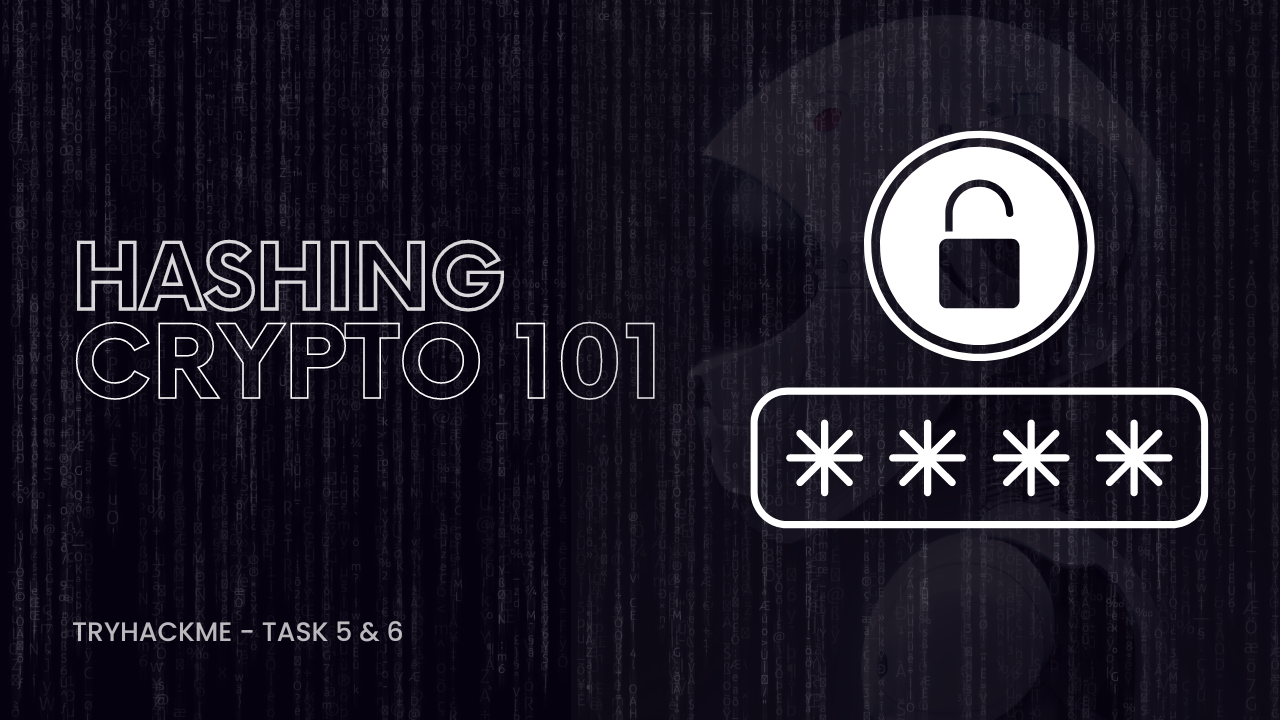hashing
-
What’s New in Cybersecurity This Week: Projects, Videos, Articles & Podcasts I’m Following – 6/23/25
Welcome to my weekly cybersecurity roundup! Here, I share updates on the projects I’m currently working on, along with the most insightful cybersecurity videos I watched, articles I found valuable, and podcasts I tuned into this week. Featured Analysis Featured article analysis: Millions of Brother Printers Hit by Critical, Unpatchable Bug The article highlights a
-
What’s New in Cybersecurity This Week: Projects, Videos, Articles & Podcasts I’m Following – 5/26/25
Welcome to my weekly cybersecurity roundup! Here, I share updates on the projects I’m currently working on, along with the most insightful cybersecurity videos I watched, articles I found valuable, and podcasts I tuned into this week. Featured Analysis Featured article analysis: Suspected InfoStealer Malware Data Breach Exposed 184 Million Logins and Passwords This article details
-
TryHackMe – Hashing – Crypto 101
This is just Task 5 & 6, because those ones were fun for me. I did this on my own VM of Kali and therefore may be different if you use the TryHackMe attackbox. Task 5: Password Cracking First step for me was to look up the wordlist and I’m glad I did, because rockyou




